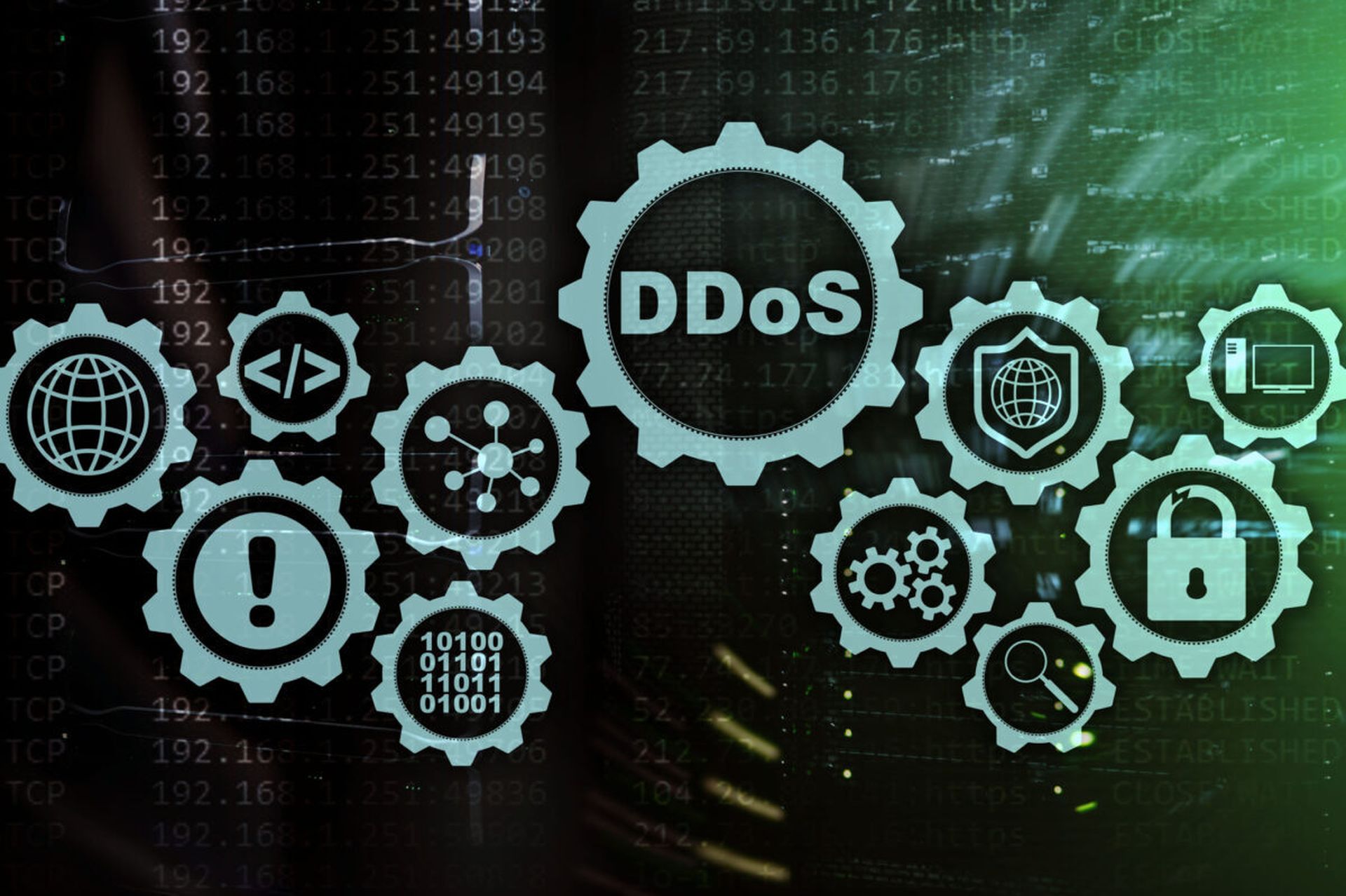Radware, an applications delivery solutions provider, has added special features for managed security service providers (MSSPs) to its partner program.
The retooled program aims to help MSSPs expand their value-added service portfolio and manage the hosted security services needed to address the surge in cyberattacks and shortage of skilled cybersecurity talent, Radware officials said.
Under the program, MSSPs will be able to white label or resell Radware’s suite of integrated application and network security solutions, purpose-designed with patented algorithms, to automatically adapt to changes in the threat landscape, applications and infrastructure.
The Radware services portfolio scales to meet the needs of small, mid-size, and large organizations, includes DDoS mitigation, application and API protection, a web application firewall, and bot detection and management, the company said.
What Radware Offers MSSPs
Radware’s upscaled cybersecurity partner program offers a variety of benefits to MSSPs:
New flexible licensing models, such as pay-as-you-go, subscription-based pricing, and service-based licensing, scale investments over time.An expanded portfolio of partner enablement and marketing support tools as well as enhanced training resources drive outcomes and ensure growth.More high touch sales and technical support is offered by Radware’s security experts.Easy access to Radware’s real-time threat intelligence and analytics help customers stay ahead of potential breaches.A unified management platform and user-friendly interfaces streamline workflows and simplify the management, monitoring, and operation of security services.Automation and orchestration capabilities reduce human error and simplify routine tasks, such as provisioning, policy enforcement, and incident response. “The updated program is designed to put a portfolio of high margin, state-of-the-art application and DDoS protection and web application firewall services into the hands of MSSPs that want to build predictable, new revenue streams while helping customers defend against more frequent and sophisticated cyberattacks,” said Yoav Gazelle, Radware’s chief business officer.
Radware Research Finds Skyrocketing Denial of Service Attacks
Two months ago, Radware unwrapped its 1H 2023 Global Threat Analysis report, which it found that the profile of Denial-of-Service attacks is being redefined in terms of tactics, vector, size, complexity, and hacktivist offensives.
According to Radware’s attack activity during the first half of 2023:
The number of malicious web application transactions skyrocketed by 500% compared to the first half of 2022, while the total number of Distributed Denial of Service (DDoS) events decreased 33%. This points to a change in DDoS attack patterns as attacks shift from the network layer to the application layer.There has been a considerable surge in DNS query floods. In the second quarter of 2023, the proportion of attacks featuring a DNS Flood vector climbed almost twofold compared to the ratio of attacks in 2021 and most of 2022.The relative number of large attacks (greater than 100Gbps) rose sharply, increasing from 3.75 times in 2022 to 10.5x timesin 2023, considerably outpacing the growth in small (less than 1Gbps) and mid-sized (1Gbps to 100Gbps) attacks.The average complexity of attacks increased with attack size. Attacks above 1Gbps on average had more than two dissimilar vectors per attack, while attacks above 100Gbps had on average more than eight dissimilar attack vectors.NoName057(16) was the most active hacker group on Telegram, claiming 1459 DDoS attacks, followed by Anonymous Sudan with 660 attacks, and Team Insane PK with 588 attacks. 



